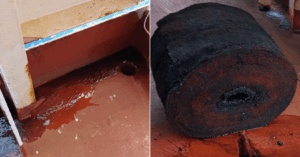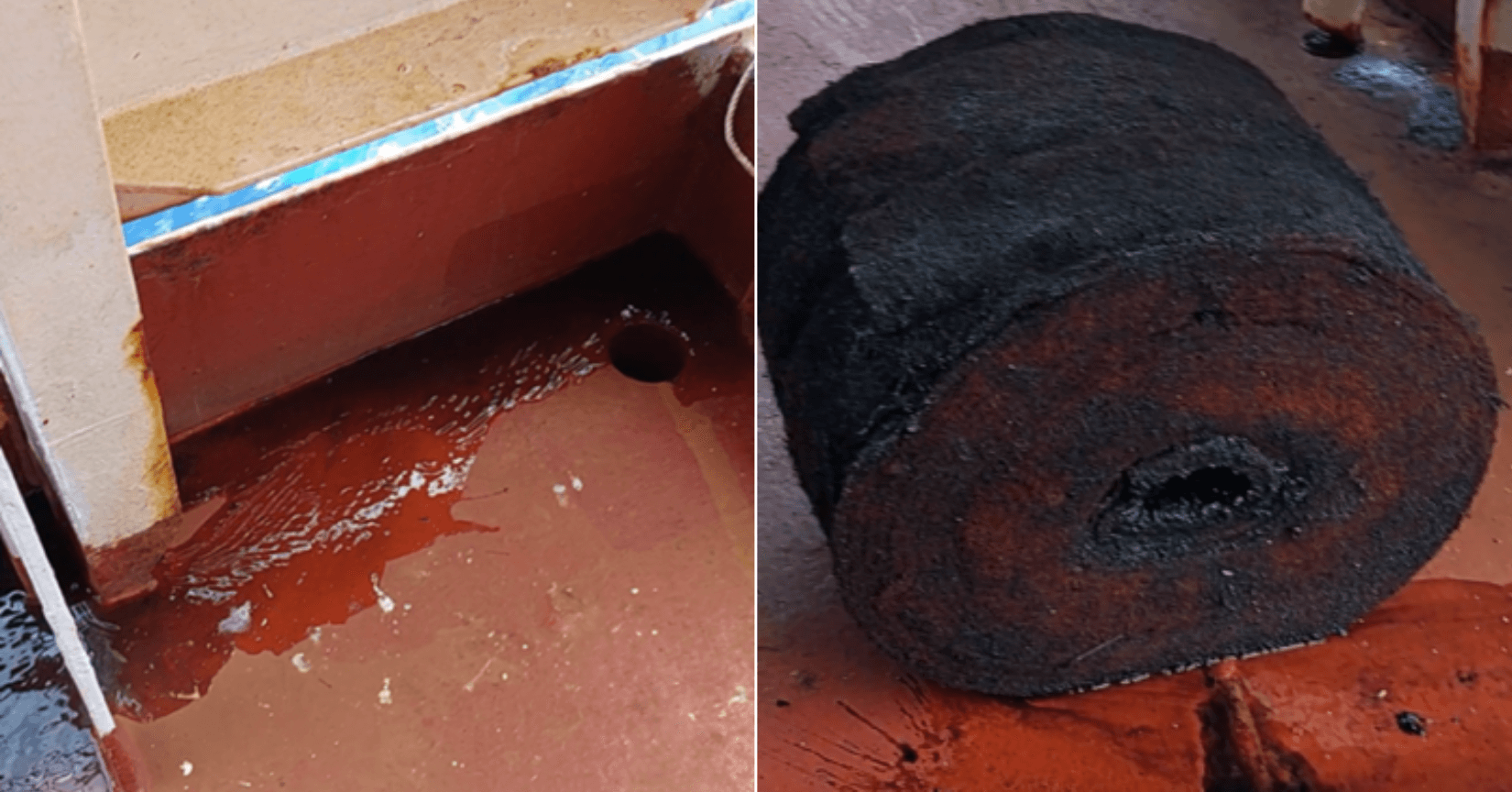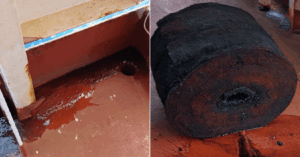
Drydocks World To Build World’s Largest Floating LNG Facility
August 28, 2025
Containership Wan Hai 503 To Be Towed To Middle East 78 Days After Onboard Fire
August 28, 2025

V.Ships Norway A.S. has been ordered to pay a $2 million fine after pleading guilty to violating U.S. maritime pollution laws. The case involved the motor tanker Swift Winchester, which discharged oily bilge water and oily waste into the sea and failed to record the discharges in the ship’s Oil Record Book as required under the Act to Prevent Pollution from Ships.
Between February and August 2022, a hose was fitted between the ship’s incinerator waste oil tank and its sewage holding tank. This setup allowed oily waste to be diverted into the sewage system and then released directly into the ocean, bypassing pollution control equipment that ships are legally required to use.
The issue was first reported by a junior engine crew member to a V.Ships superintendent. The superintendent checked and found what appeared to be oil inside the sewage holding tank. After this discovery, the company fired the vessel’s Chief Engineer. However, improper practices continued.
In August 2022, the newly appointed Chief Engineer instructed the engine room crew to clean the ship’s Oil Water Separator filter. The crew brought the filter onto the deck, used a degreaser, and washed it down with a hose. The oily wastewater flowed straight into the sea through a deck scupper.
When the ship entered Baton Rouge, Louisiana, on August 25, 2022, and later Port Arthur, Texas, on September 7, 2022, it carried an Oil Record Book that investigators later confirmed contained false entries.
The U.S. Coast Guard investigated the case after crew members came forward with information, including photos and videos showing the illegal discharges. Coast Guard personnel from Marine Safety Unit Port Arthur examined the vessel and gathered evidence during inspections.
U.S. authorities condemned the company’s actions, calling them harmful to both the environment and public health. The Justice Department said the crew deliberately falsified records to cover up the illegal dumping, adding that such misconduct would not be ignored.
The Coast Guard added that it runs one of the world’s most rigorous vessel inspection programs and would continue to ensure compliance with both domestic and international pollution laws.
Reference: US Department of Justice
Source: Maritime Shipping News


